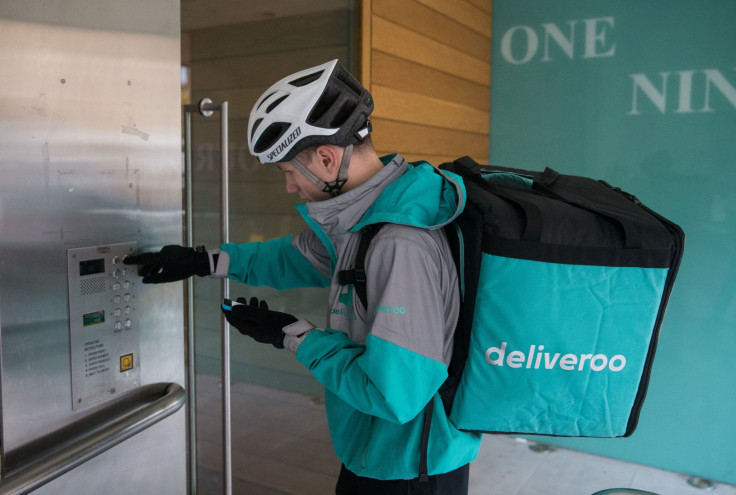Taylor review into the gig economy set to back worker benefits and minimum wage rights
The study by Matthew Taylor is set to call for a new category of worker called a 'dependent contractor'.

A government review into the UK's gig economy is set to call for increased rights and minimum wage guarantees for workers in this rapidly expanding sector.
The review, by Matthew Taylor, the head of the Royal Society of Arts and a former Tony Blair adviser, will demand new category of worker called a 'dependent contractor'.
This status – likely to cover workers at firms such as Uber and Deliveroo – will apply to workers who are not company employees but are also not as free as independent contractors.
The report, published tomorrow (11 July) is expected to say these workers should receive benefits such as sick pay, holiday leave and should be covered by some minimum wage requirements.
Currently many workers in the gig economy are characterised as self-employed, and do not receive the same benefits as staff who work for a company.
But unions say firms such as Uber and Deliveroo that use online platforms to dispense work use the self-employed status of their workers as a loophole to dodge funding full employment rights.
Unions say these online platform firms often ensure their workers wear uniforms and are subject to a number of restrictions associated with company workers, rather than independent contractors.
The TUC estimates the gig economy costs the taxpayer £4bn ($5.1bn) a year in lost tax and higher benefits. Around one million workers work in the gig economy, according to the Office for National Statistics.
Wage boost
Taylor was appointed by Prime Minister Theresa May last October to probe how today's tech-driven economy is changing employment practices.
However, gig economy firms say that they offer workers the flexibility to start and end shifts when they want, which is much prized by those who work in the sector.
The Taylor review is expected to suggest that, when dependent contractors are paid by the task rather than the hour, minimum wage rules could be applied on a "piece rate" basis.
Under these rules, a gig company would have to demonstrate through its wealth of data that an average person, working averagely hard, could earn 20% than the national minimum wage in an hour.
This would apply at times of normal demand. But if that person chose to "log in" to work at a time when demand was low, they might not earn the minimum wage — although the gig company would have to use its real-time data to warn them in advance.
Lawyers Leigh Day who represented workers in a number of cases against Uber and Deliveroo said they hoped the report would recommend " far-reaching changes"
Leigh Day solicitor Nigel Mackay added: "Workers already have a number of employment rights and we must ensure that companies are no longer able to deny them those entitlements by misclassifying workers as self-employed independent contractors.
"There should be serious repercussions for companies that flout the rules and it should be easier for workers to enforce their rights."
© Copyright IBTimes 2025. All rights reserved.






















